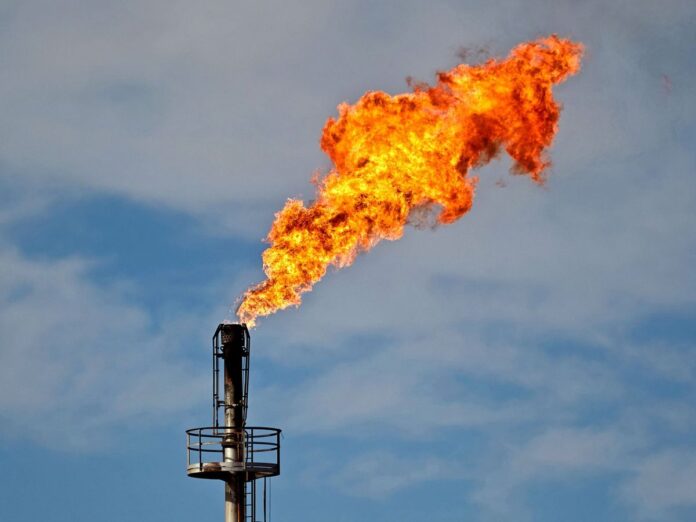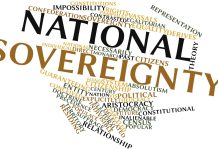FRANKFURT, Germany, February 23, 2023/ — The African Energy Chamber (AEC) (https://EnergyChamber.org), serving as the voice of the African energy sector, highlighted burgeoning investment opportunities in Africa’s hydrogen hotspots – including Mauritania, Morocco, Namibia, Egypt and more – during its Invest in African Energy reception in Frankfurt on Thursday.
Aiming to explore new avenues for financing and developing Africa’s sizable extractive resources, the AEC is currently leading an ongoing European energy stakeholder tour – which included stops in London and Oslo last month – targeting enhanced cooperation and partnership in the production, processing, storage and transportation of green hydrogen products and related synthetic fuels, among other critical sources of energy.
“Energy poverty and climate change are two sides of the same coin. Developed countries like Germany need to decarbonize; Africa needs to industrialize,” opened NJ Ayuk, Executive Chairman of the AEC. “Whether it’s oil, natural gas, hydrogen, coal or renewables, we believe in the energy mix. ESG shouldn’t just start with ‘environmental’ and end there. How we address ‘social’ and ‘governance’ is what will transform Africa and bring profits to companies.”
Green hydrogen has emerged as a critical pathway to heightened bilateral trade and investment between Africa and Europe. Due to its abundant solar, hydropower, wind and biomass resources, coupled with falling costs of electrolyzers and associated technologies, the African continent could account for up to 10% of the global hydrogen market by 2050, with hubs already identified in Mauritania, Morocco, Egypt and the entire southern African region.
However, according to Ayuk, this remains contingent on the continent attracting the requisite capital and technology investments. By unlocking just over $1.1 trillion in new investments in hydrogen projects through 2050, Africa could produce up to 60 million tons of green hydrogen capacity – and at a lower cost than other regions – serving to boost electrification and drive economic expansion in the process.
“There has been big talk of green hydrogen in Africa, but not enough investment. Most Africans, and even Germans, are tired of empty words. If you are going to meet your climate goals, you can’t do it with 600 million Africans without access to electricity,” Ayuk continued.
Germany has played a central role in African hydrogen development to date. Last month, the German Federal Ministry of Economic Cooperation and Development announced plans to invest over $45 million in South Africa’s green hydrogen economy through its H2Global initiative, which aims to provide funding to green hydrogen products globally.
Germany has been Namibia’s first international partner to invest in green hydrogen production – announcing a €40-million pledge in August 2021 – with the southern African nation boasting more than 3,500 hours of sunshine per year and hydrogen costs as low as €1.50-2 per kilogram.
In Angola, two German engineering firms have partnered with national oil company Sonangol for the construction of a local green hydrogen facility, with the capacity to produce 280,000 tons of green ammonia. Upon completion in 2024, Angola would become the first African country to supply Germany with green hydrogen.
“We need to use German technology to develop energy in a cleaner, more sustainable way that drives the future. If we don’t use this moment to do it, then we miss a big opportunity to be change makers. Africans are willing and open to work with Germans to utilize advanced technologies and expertise – not just in Africa, but also in Ukraine, Asia, Europe and around the world. This is the time to drive technology,” stated Ayuk.
The European bloc at-large is seeking to diversify its energy supplies and reduce dependence on Russian fossil fuels, while fueling its own clean energy transition.
According to its REPowerEU plan, the European Union aims to import 10 million tons of renewable hydrogen by 2030, with a view to accelerating the uptake of renewable hydrogen, ammonia and other derivatives in heavily industrialized sectors, including aviation, maritime transport and manufacturing.







































